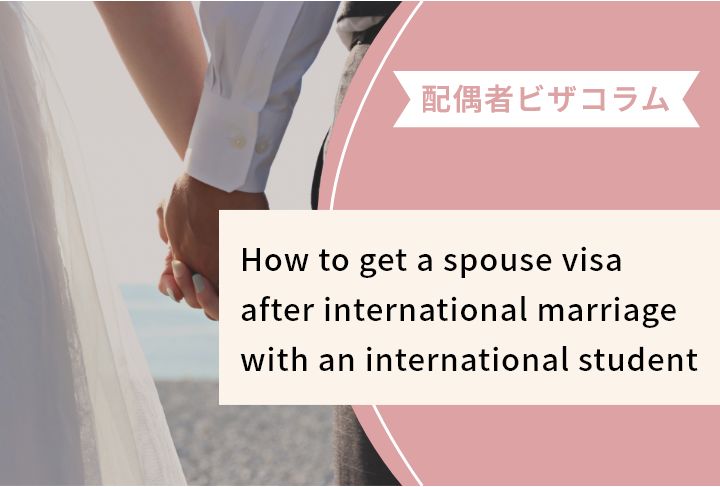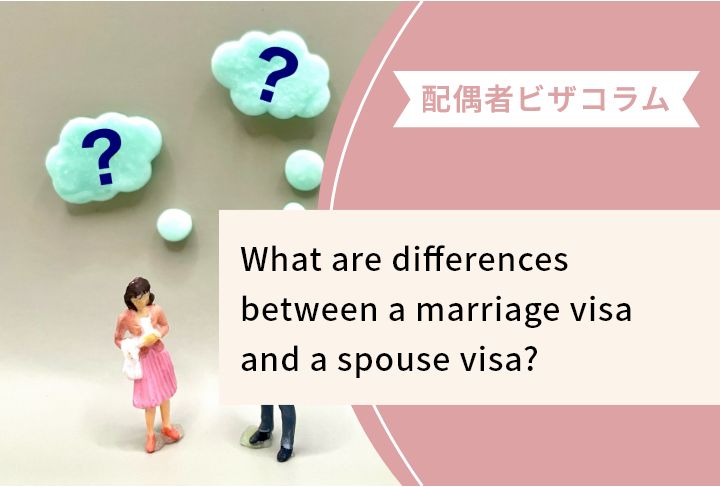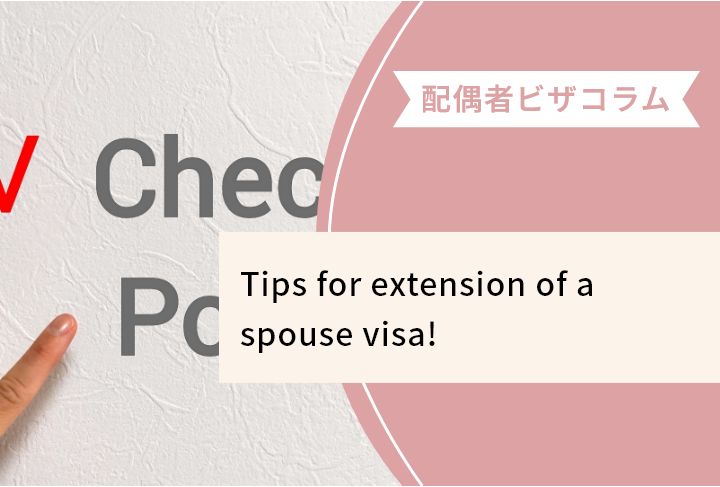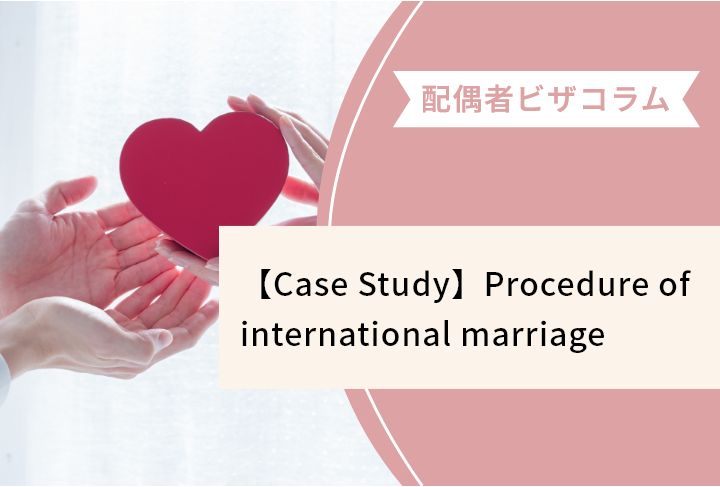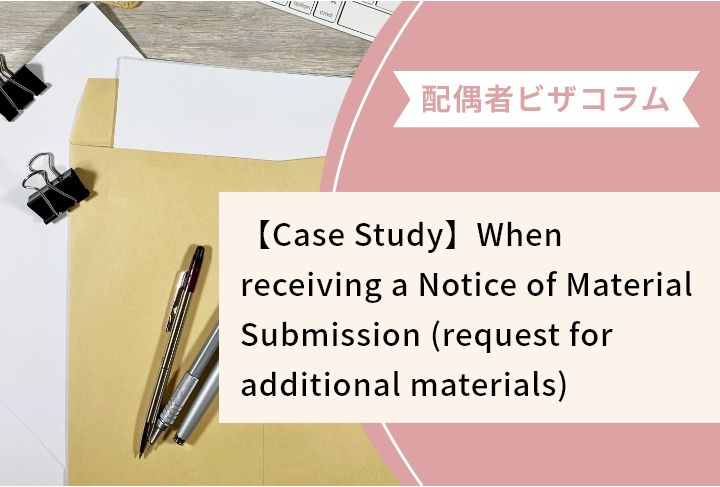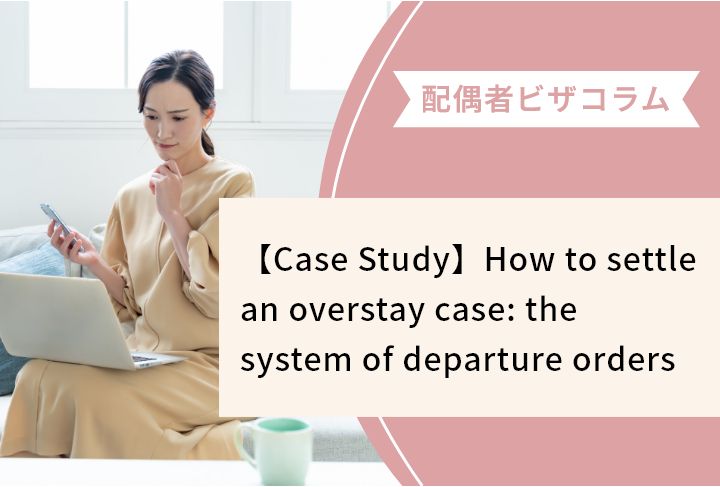Family Name after international marriage between a Japanese and a foreigner
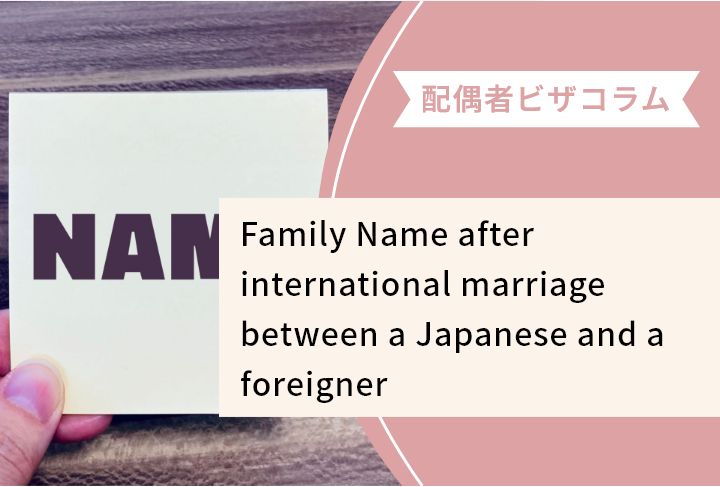
In this article, we will focus on 2 types of cases of international marriage between a Japanese and a foreigner; a case where the Japanese person’s name is changed to the foreigner’s family name, and a case where the foreigner’s family name is changed to the Japanese person’s family name.
Index
1. Family name system for international marriage is different from that for marriage between Japanese people!?
It’s been controversial whether to adopt the system of selective separate surnames for married couples, which enables people to keep their original family names after marriage. Yet, the current principle is that married couples have the same surnames under Article 750 of the Civil Code.
○Article 750, the Civil Code
A husband and wife shall adopt the surname of the husband or wife in accordance with that which is decided at the time of marriage.
Nevertheless, international marriage is a different story because according to the registration practice, in case of international marriage (where one person in the couple is a foreigner), family name is considered as a personal matter (, which is sometimes called “right to have a surname”), which should be decided in accordance with the laws of each person’s country.
From such rule, it seems that family names of Japanese people will be decided in accordance with Article 750 of the Civil Code, which states that “a husband and wife shall adopt the surname of the husband or wife in accordance with that which is decided at the time of marriage.” However, only marriages between Japanese people are subject to this Article 750 because of its legislative purpose. Family names of Japanese spouses who are married to a foreigner do not change as Article 750 does not apply to marriages between a Japanese and foreigner (cf. “Introduction to International Private Law (3rd edition)” by Hiroshi Matsuoka)
Therefore, in case of international marriage, a husband and wife have different family names, in principle.
2. How to have the same family name
As stated in 1 above, in case of international marriage, a husband and wife have different family names, in principle. So, if they wish to have the same family name, additional procedures must be completed.
Let’s look at the 2 cases: (a) a Japanese person chooses the family name of his/her foreign spouse after marriage, and (b) a foreigner chooses the family name of his/her Japanese spouse after marriage.
They seem similar, but the procedures are completely different depending on whose family name will be chosen. So, please read carefully.
3. Cases where the Japanese person’s name becomes the foreigner’s family name
As mentioned in 1 above, the family name of a Japanese person does not change after marriage with a foreigner, but we will take a look at how a Japanese person can change his/her family name to the name of the foreign spouse after international marriage.
Let’s look at the supporting article.
○Article 107, paragraph 2 of the Family Register Act
When a person who has married a foreign national intends to change his/her surname to the surname used by his/her spouse, he/she may submit a notification to that effect, within the limit of six months from the date of their marriage, without obtaining the permission of the family court.
By submitting a notification pursuant to Article 107, paragraph 2 of the Family Register Act, a Japanese person can change his/her family name to the family name of his/her foreign spouse (it is called “notification of change of surname because of marriage with a foreigner”).
Please note that such change of name becomes effective only after the submission of the notification provided in Article 107, paragraph 2 of the Family Register Act. Many people misunderstand this point, so please be careful.
Therefore, even if the foreigner’s family name is written in the column of “Surname after marriage,” it does not have any legal effect to change names (Response of Civil Kou No.2424 date 28 Dec 1951).
4. Cases where the foreigner’s family name becomes the Japanese person’s family name
Next one is the opposite version of above 3. Let’s look at how a foreigner can change his/her family name to a Japanese name after international marriage.
Actually, there is no provision provided as to this issue in the Family Register Act. It is because any matters concerning the right to have a family name is settled under the laws of each person’s country, as stated above, and therefore Japanese laws are not authorized to provide any rules on foreigners’ family names.
Family name systems are different depending on each country. There are countries like Korea and Vietnam that adopt separate surnames for married couples, and there are other countries like Northern European countries that adopt optional separate surnames for married couples. Even in some countries, married couple can combine the family names of a husband and wife.
In the countries which have adopted the system of separate surnames, the idea or system of changing family names upon marriage does not exist. Accordingly, foreigners from such countries cannot change their names to the surnames of their Japanese spouses in general.
On the other hand, foreigners from countries where change of surnames upon marriage is allowed can change their surnames by following the procedures of their countries.
Even if a foreigner changes his/her name to a Japanese spouse’s family name in accordance with his/her country’s law, a foreign family name is still entered in the marriage column of a Japanese family register. To change the family name in the family register, a request for changing description in register needs to be submitted to a public office of municipality.
We would like to introduce you a statement written in Notification Civil 2 No. 5218 dated 27 August 1980.
Summary of the notification: when a foreigner changes his/her family name to a Japanese family name after international marriage with a Japanese, a Japanese spouse needs to submit an identification issued by an office authorized by the country of the foreign spouse which clearly shows change of family name to a public office of municipality and request for the change of name. By such means the family name of a foreign spouse can be changed to a Japanese family name.
In connection with above, we are sometimes asked what are the examples of an identification issued by an office authorized by the country of the foreign spouse which clearly shows change of family name.
In principle, any document with description of a foreigner’s family names before and after marriage, and the reason and date of such name change, issued by the country of the foreign spouse falls under such document. If such certificate concerning change of family name cannot be obtained in the country of the foreign spouse, a copy of his/her passport with the changed family name can be regarded as a document proving name change. Accordingly, name in register may be changed based on the copy of passport (Response Civil 2 No. 5397 dated 11 September 1980).
In fact, in many cases we actually dealt, public authority has issued passports for foreigners with their new surnames after marriage.
Please make sure to ask the local public office where you are submitting required documents for details.
5. Summary
In this article, we focused on family names in case of international marriage between a Japanese and a foreigner. We hope this article helped you to understand.
We often hear from our clients who had international marriage that they never thought about family names as they were too busy thinking about getting a certificate of legal capacity to contract marriage and spouse visa. However, names are very important for everyday life.
We support our clients with international marriages from various aspects, considering how their life will be after the marriage.







